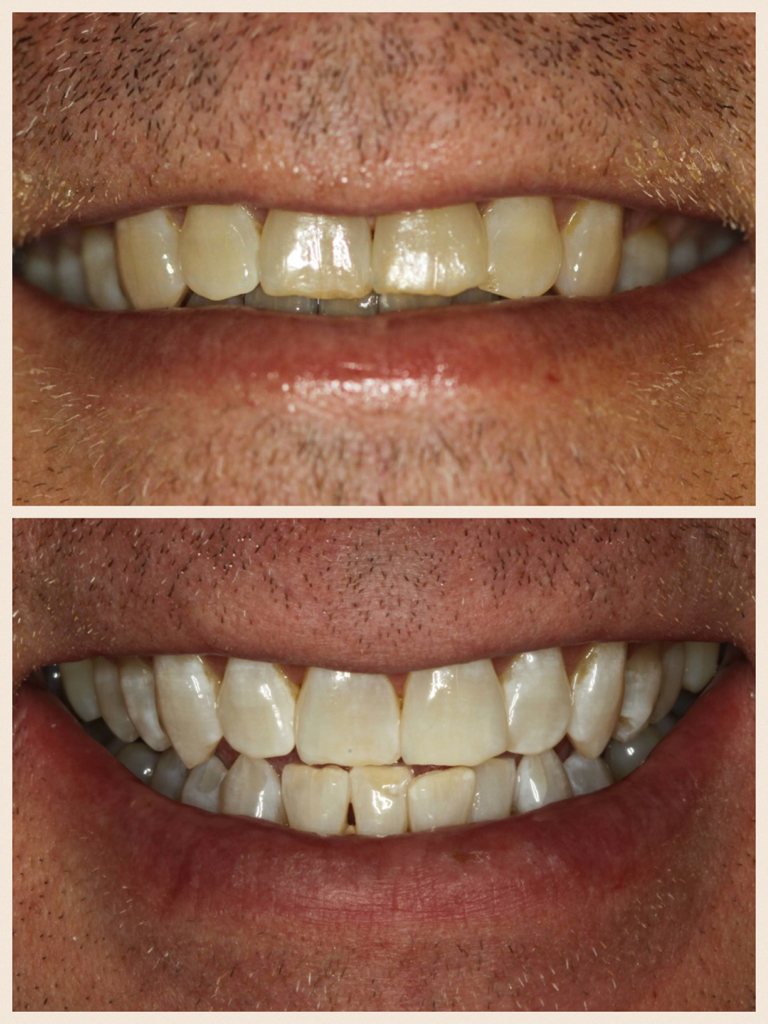Teeth grinding, also known as bruxism, is a common dental condition that affects many people worldwide. It can occur both during the day and at night, and it can have several negative consequences, including pain, discomfort, and damage to teeth and jaw joints. One of the most common conditions that can arise from teeth grinding is temporomandibular joint disorder (TMJ).
TMJ is a condition that affects the jaw joint and surrounding muscles. It can cause pain, discomfort, and difficulty chewing, and it is often associated with teeth grinding. In this blog, we will explore teeth grinding and TMJ in more detail, including their causes, symptoms, and treatment options.
Causes of Teeth Grinding
Teeth grinding can be caused by a variety of factors, including stress, anxiety, and sleep disorders. It can also be a side effect of certain medications, such as antidepressants and antipsychotics. In some cases, teeth grinding may be a result of an underlying dental or medical condition.
One of the most common causes of teeth grinding is stress and anxiety. When we are stressed or anxious, our bodies tend to respond by tensing up and clenching our jaw muscles. This can lead to teeth grinding, especially during sleep.
Sleep disorders can also contribute to teeth grinding. Sleep apnea, a condition in which a person’s breathing is interrupted during sleep, can cause teeth grinding as the body tries to compensate for the lack of oxygen.
Other factors that can contribute to teeth grinding include alcohol and caffeine consumption, smoking, and certain medical conditions such as Parkinson’s disease.
Symptoms of Teeth Grinding
The most common symptom of teeth grinding is tooth sensitivity and pain. Grinding can cause the teeth to become worn down or damaged, which can lead to sensitivity to hot or cold temperatures, as well as pain when chewing or biting.
Other symptoms of teeth grinding can include headaches, earaches, and jaw pain. These symptoms can be especially prevalent in the morning, after a night of grinding.
In severe cases, teeth grinding can cause TMJ, a condition that affects the jaw joint and surrounding muscles. TMJ can cause pain and discomfort, as well as difficulty chewing and talking.
Symptoms of TMJ
TMJ is a condition that can cause a range of symptoms, including jaw pain, stiffness, and clicking or popping sounds when opening or closing the mouth. It can also cause headaches, earaches, and tooth pain. In severe cases, TMJ can lead to lockjaw, a condition in which the jaw becomes stuck in an open or closed position.
TMJ can be caused by a variety of factors, including teeth grinding, stress, and trauma to the jaw joint. It can also be a result of certain medical conditions, such as arthritis.
Treatment Options
There are several treatment options available for teeth grinding and TMJ, including lifestyle changes, dental appliances, injections, and surgery.
One of the most effective ways to treat teeth grinding is to reduce stress and anxiety. This can be done through relaxation techniques such as yoga, meditation, and deep breathing exercises. In some cases, medication may be prescribed to help reduce stress and anxiety.
Dental appliances such as mouthguards can also be effective in treating teeth grinding. These appliances are worn at night and can help to protect the teeth from damage caused by grinding. They can also help to relax the jaw muscles, reducing the likelihood of grinding.
Injecting botox into the muscles that control the jaw joint can be very effective at decreasing nighttime grinding as well as daytime clenching. A specific dosage is used that will relax the muscles, while still allowing normal daily activities such as chewing or talking.
For more severe cases of TMJ, surgery may be necessary. This can include procedures such as arthrocentesis, which involves flushing out the jaw joint with a saline solution, or arthroscopy, which involves using a small camera to view and treat the joint.
Summing it all up…
Teeth grinding and TMJ can be debilitating conditions that can cause pain, discomfort, and damage to teeth and jaw joints. Here at Sugar Fix Dental Loft, there are several treatment options available, and early intervention can help to prevent further damage and alleviate symptoms.
If you suspect that you may be grinding your teeth or experiencing symptoms of TMJ, it is important to speak with your dentist or healthcare provider. They can provide a diagnosis and recommend a treatment plan based on the severity of your condition.
In addition to seeking medical treatment, there are also several lifestyle changes that you can make to reduce the likelihood of teeth grinding and TMJ. These include:
- Reducing stress and anxiety through relaxation techniques such as yoga, meditation, and deep breathing exercises
- Limiting alcohol and caffeine consumption
- Quitting smoking
- Practicing good sleep hygiene, such as getting enough sleep and maintaining a regular sleep schedule
- Avoiding hard or chewy foods that can exacerbate TMJ symptoms
While teeth grinding and TMJ disfunction can cause serious pain, there are several ways to prevent these things from happening. Dr. Brittany Dickinson is well versed in treating TMJ, and would love to help you. Schedule your consultation today and discover what treatment is best tailored to you!

